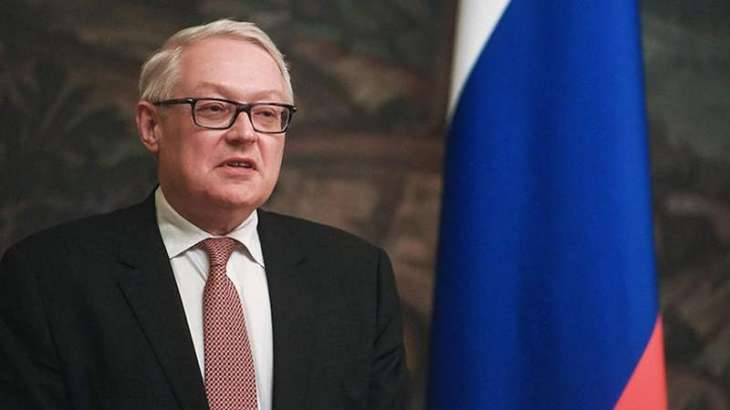Russia believes that Jeanine Anez, who recently assumed Bolivia's presidency, following the resignation of former President Evo Morales, had a constitutional right to do so, but is concerned that the necessary parliamentary quorum was not reached to officially elect the opposition senator to the post, Russian Deputy Foreign Minister Sergey Ryabkov said on Thursday
BRASILIA (Pakistan Point News / Sputnik - 14th November, 2019) Russia believes that Jeanine Anez, who recently assumed Bolivia's presidency, following the resignation of former President Evo Morales, had a constitutional right to do so, but is concerned that the necessary parliamentary quorum was not reached to officially elect the opposition senator to the post, Russian Deputy Foreign Minister Sergey Ryabkov said on Thursday.Following the resignation of Morales, several other officials in line of succession to receive the presidential post, including the vice president and senate first vice president, also resigned. Anez, who was the second vice speaker of the senate, proclaimed herself interim president at an extraordinary parliamentary session. However, since the session was held in the absence of the MAS lawmakers, who have a majority in Bolivia's Legislative Assembly, the necessary quorum was not reached.
"[Russia] recognizes that according to the constitution, the person in her position [second vice speaker of the senate] is next in line to be mandated to receive the presidential duties if the people next in the succession line [following the resignation of the president] cannot fulfill them," Ryabkov said.
"However, we also recognize that at the moment of her approval in parliament, the necessary quorum was not reached. We see this as an issue, which must be taken into consideration. However, it is also clear that [Anez] will be considered Bolivia's interim president for the time it takes the country to resolve the issue through electing a new president, which is Bolivia's internal affair," Ryabkov said.




